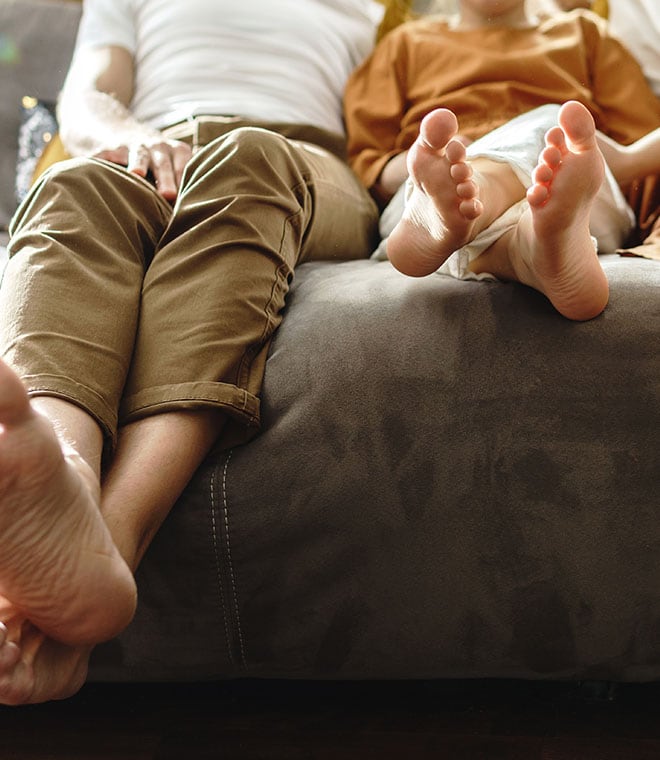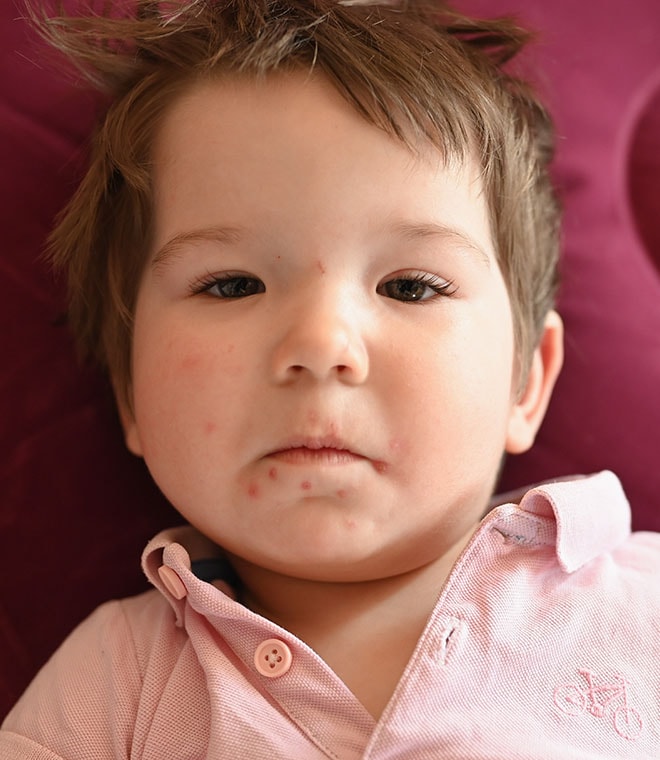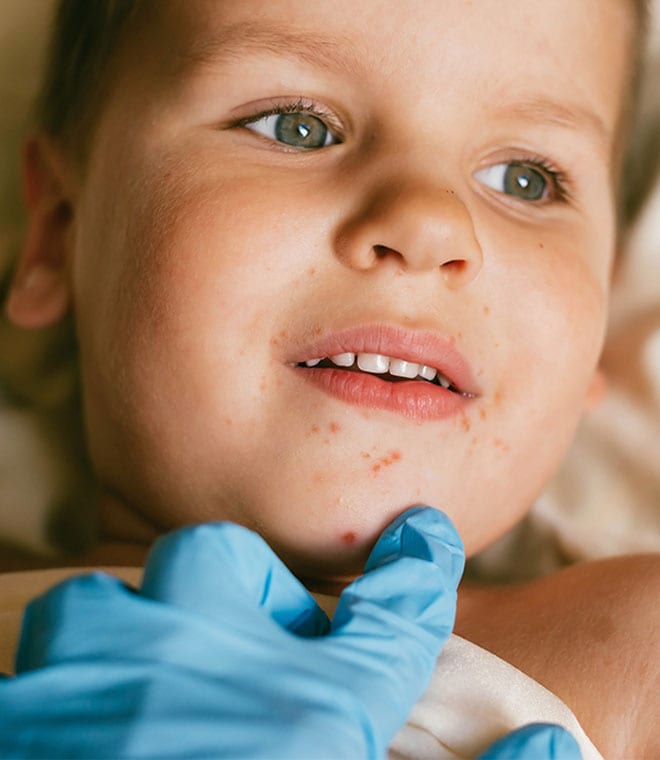Health
How do you get impetigo?
By Anna H. Chacon, MD, Fellow of the American Academy of Dermatology Nov 05, 2024 • 3 min
Impetigo is a contagious skin infection usually caused by group A Streptococcus or Staphylococcus aureus or both types of bacteria, which are more commonly known as strep and staph. Impetigo causes sores on the skin and is one of the most common infectious diseases in infancy and childhood, but it can also occur in adults, too.
Risk factors for contracting impetigo
There are factors that increase your risk of getting impetigo, including:
- Age. Children ages 2 to 5 are most likely to get impetigo.
- Skin injury or infection. People who have scabies, bug bites, other skin infections, or engage in activities that may cause cuts or scrapes have an increased risk of getting impetigo.
- Certain medical conditions. Children who have other skin conditions, like eczema, are more likely to develop impetigo. Older adults or people who have a weakened immune system or a chronic medical condition, like diabetes, are also at a higher risk for contracting impetigo.
- Close contact with others. Impetigo spreads easily to people who are in close contact with an infected person. It often spreads to people in the household, and it spreads wherever large groups of people are gathered, such as schools or day care centers.
- Touching sores or infected items. Impetigo causes sores on the skin, which may rupture and ooze. The bacteria can then spread easily to people who touch those sores or through shared items, like a towel or sports equipment that has come into contact with the fluid from the sores.
- Climate. Although impetigo can occur anywhere, it’s more common in regions where the weather is hot and humid in the summer or places that have wet and dry seasons, such as in the tropics.
Poor personal hygiene. A lack of hand-washing, face-washing and bathing increases the risk of getting impetigo.
Preventing the spread of impetigo
If you or your child has impetigo, there are steps you can take to prevent spreading it to others.
- See your doctor. Without treatment, impetigo sores can take several weeks to heal, and they’re contagious until then. However, with treatment, people can typically return to school or work at least 12 hours after starting antibiotics and while keeping all lesions covered.
- Practice good hygiene. Wash the sores daily, wash your hands frequently and do not share personal items, such as towels or clothing, while contagious.
Updated by Julie McDaniel, MSN, RN, CRNI, November 2024.
Sources:
- https://www.cdc.gov/group-a-strep/about/impetigo.html
- https://www.healthychildren.org/English/health-issues/conditions/skin/Pages/Impetigo.aspx
- https://medlineplus.gov/impetigo.html
- https://www.mayoclinic.org/diseases-conditions/impetigo/symptoms-causes/syc-20352352
- https://www.aad.org/public/diseases/a-z/impetigo-treatment
- https://www.cdc.gov/group-a-strep/hcp/clinical-guidance/impetigo.html



